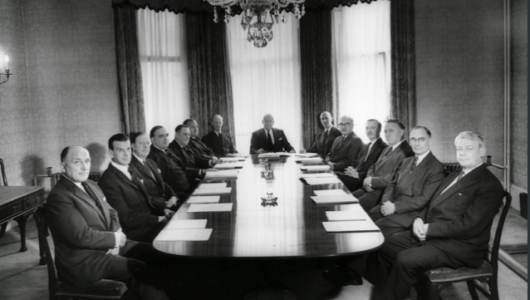This paper, joint with Marie Lalanne, has now been published in The Journal of Institutional Economics, and you can find the link here. It’s worth noting that the paper has been significantly revised since earlier circulated versions, and in particular contains new results on homophily (both men and women derive more benefit from same-gender connections, and men have more of these than women do). Please cite only this version and not the earlier versions.
Abstract
We investigate the impact of professional networks on men’s and women’s earnings, using a dataset of European and North American executives. The size of an individual’s network of influential former colleagues has a large positive association with remuneration, with an elasticity of around 21%. However, controlling for unobserved heterogeneity using various fixed effects as well as a placebo technique, we find that the real causal impact of networks is barely positive for men and significantly lower for women. We provide suggestive evidence indicating that the apparent discrimination against women is due to two factors: first, both men and women are helped more by own-gender than other-gender connections, and men have more of these than women do. Second, a subset of employers we identify as ‘female friendly firms’ recruit more women but reward networks less than other firms.

